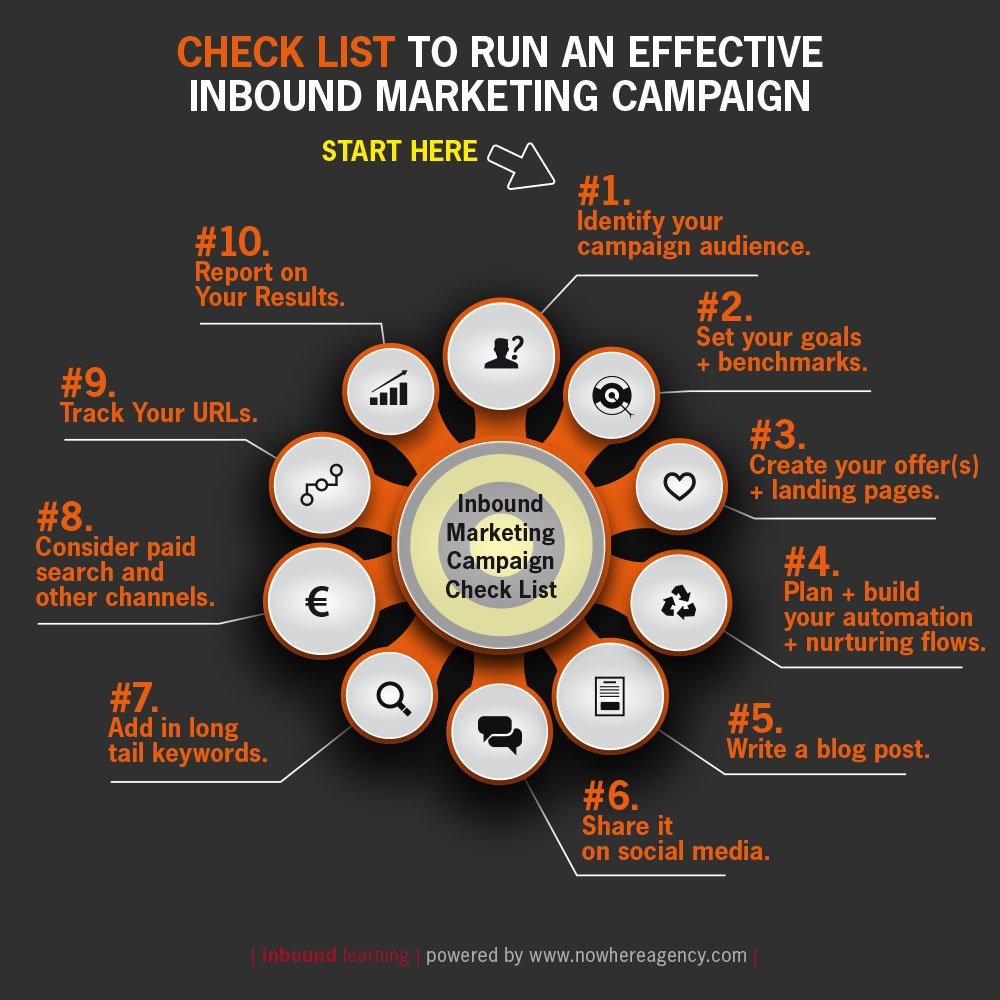Inbound Marketing
What is In-Bound Marketing?
Definition:
Inbound Marketing refers to a strategic approach to marketing that focuses on attracting, engaging, and delighting potential customers by providing valuable content and experiences at every stage of the buyer’s journey. Unlike traditional outbound marketing, which interrupts audiences with promotional messages, inbound marketing seeks to create meaningful connections with prospects and customers by delivering relevant and helpful information. This methodology involves various channels and tactics, such as content creation, social media, search engine optimization (SEO), email marketing, and more, with the goal of building trust and establishing long-term relationships.
Analogy:
Imagine inbound marketing as a friendly conversation between friends. Instead of forcefully pushing a product or service, inbound marketing involves listening to the needs and interests of potential customers and offering valuable insights and solutions. It’s about building a relationship based on trust and mutual benefit.
Further Description:
Inbound marketing encompasses several key components:
Buyer Persona Development: Understanding the target audience is crucial. Inbound marketers create detailed buyer personas based on demographics, behaviors, challenges, and goals to tailor their approach.
Content Creation: Providing valuable and relevant content is at the core of inbound marketing. This includes blog posts, ebooks, whitepapers, videos, podcasts, and other content formats that address the needs and interests of the target audience.
SEO and Keyword Strategy: Optimizing content for search engines ensures that it is discoverable by potential customers. Inbound marketers strategically use keywords to improve the visibility of their content in search engine results.
Social Media Engagement: Leveraging social media platforms allows inbound marketers to engage with their audience, share valuable content, and build a community around their brand.
Email Marketing: Sending targeted and personalized emails helps nurture leads and maintain communication with prospects and customers. Inbound marketing aims to provide valuable information rather than solely focusing on promotional messages.
Lead Generation and Conversion: Inbound marketing utilizes various tactics to attract and convert visitors into leads. This may involve gated content, landing pages, and calls-to-action that guide prospects through the sales funnel.
Marketing Automation: Implementing marketing automation tools streamlines repetitive tasks, allowing marketers to nurture leads efficiently and deliver personalized content based on user behavior.
Why is Inbound Marketing Important?
Building Trust and Credibility: By providing valuable content and addressing the needs of the audience, inbound marketing builds trust and establishes the brand as an authoritative and reliable source.
Customer-Centric Approach: Inbound marketing focuses on the needs and preferences of the customer, creating a customer-centric approach that resonates with today’s empowered and informed consumers.
Cost-Effective: Inbound marketing can be more cost-effective than traditional outbound methods, as it relies on creating valuable content that attracts organic traffic and engages a targeted audience.
Long-Term Relationships: Inbound marketing aims to create lasting relationships with customers. By continuously providing value, it encourages repeat business and advocacy from satisfied customers.
Examples and Usage:
HubSpot: HubSpot is a prominent example of a company that effectively utilizes inbound marketing. They offer a wealth of educational content, tools, and resources to attract and engage their target audience, positioning themselves as industry leaders.
Buffer: Buffer, a social media management platform, practices inbound marketing by sharing valuable insights on social media strategy, content marketing, and workplace culture through their blog and social media channels.
Zendesk: Zendesk utilizes inbound marketing by providing valuable resources, such as guides and webinars, to help businesses improve customer support. Their content is tailored to address common challenges faced by their target audience.
Key Takeaways:
- Inbound marketing revolves around understanding and addressing the needs of the customer, creating a customer-centric approach.
- Content creation is at the heart of inbound marketing. Providing valuable, relevant content attracts and engages the target audience.
- Inbound marketing builds trust and credibility by consistently providing helpful information and solutions rather than relying on aggressive promotional tactics.
- Inbound marketing involves a multi-channel approach, incorporating content, social media, SEO, and email marketing to reach and engage the audience effectively.





